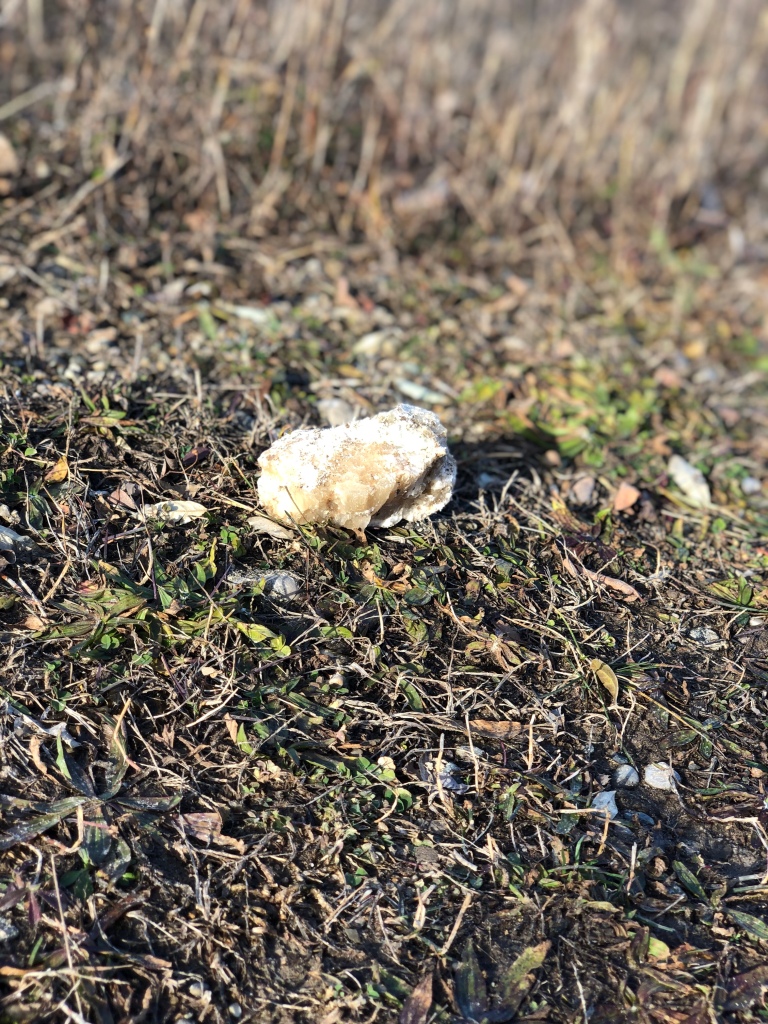
Yesterday I was stressed out. Like so many of us this time of year, our schedules are packed, there’s class Christmas parties and spirit week and teacher gifts and don’t forget the bus drivers, the mail person, etc. So when I could feel the tension in my voice as I snapped at my kids, I said, “I think I need to go for my run now.”
It might seem counterintuitive to take time to go for a run when your “to-do” list is a mile long, but I’ve learned it’s necessary.
After my half marathon I took a planned week long break from running. I’ve also learned that this is crucial to help prevent unplanned breaks. Anyway, I had high hopes, figuring I’d get so much done if I didn’t spend all that time running. As with most things, reality and our expectations often don’t line up. And two days in I realized I needed to at least get out for a 30 minute walk.
So yesterday when I started getting ready for my run, my 10 year old daughter asked if she could come with me. I was ecstatic. I had been hoping she might want to, but I didn’t want to ask her because I don’t ever want to put pressure on her. I want it to be what she wants. This is something I worry about because when I grew up, I felt that pressure, to perform, to be the athlete, to make the family proud.
The great thing about running with your kids is it gives you an opportunity to talk without the distractions of home and siblings that often make deep, meaningful conversations hard.
And the topic of addiction came up naturally. I wasn’t planning on it, and often when these things come up we’re not planning on them and so we don’t have time to prepare beforehand about what we need to say. That’s ok though because I think it’s more natural when it happens organically.
When I was a kid, I was aware that my dad had an addiction to alcohol. He had always explained it as a disease he had called addiction. That his brain was wired differently, and one sip of alcohol was all it took for him to not be able to stop.
As I’ve grown, I’ve challenged his view, and it’s definitely not settled science by any means. I no longer think of addiction as a disease myself, that doesn’t mean that others can’t have their own views, but I just found this view to be too narrow and also problematic. For one thing, I had heard there was an alcoholic gene and, fearing that I myself might possess it because of my dad, I was absolutely terrified to ever have my first drink. Not saying that was a bad thing for me personally, but I don’t want my kids to think it’s this black or white thing, they either inherited this “gene” or they didn’t. It’s not that simple.
So I explained this to my daughter, who struggles with anxiety. “You know your anxiety? How sometimes you just have this feeling of unease and these thoughts that you can’t make go away, that make you feel kind of bad inside?”
She knew exactly what I was talking about.
“Well, alcohol can make all those negative feelings go away, temporarily. And it can be a huge relief for people. To get a break from that feeling. But the thing is, it’s only temporary. As soon as the alcohol wears off, all those feelings come right back, and sometimes even stronger than they were before. And oftentimes, the person did some things they’re not proud of, so then they often have problems that grow bigger and bigger. So then they don’t want to deal with it, so they just get drunk again. And the cycle repeats over and over again, and their life just keeps spiraling out of control.”
I want to be honest with my kids about addiction. Explain to them why people like it. I think that helps to understand why people get addicted. Because someday my kids are going to drink. And I want them to know it will feel good, so they are prepared for that.
I don’t think addiction is a disease like my dad does. I think sometimes the underlying anxiety or depression can have a genetic link. And I know my oldest daughter has that anxiety. I know it because I have it too. I think people with these tendencies tend to be the same people who end up addicted. I explained to her that the alcohol is like putting a bandaid on an open wound. It may hide it, but it’s not really doing anything to fix the problem.
My dad was never able to cope with stress. Even small stresses. He always felt like the world was against him. I want to be open and honest with my kids about what I think addiction really is. And that anyone can fall prey into it given the right set of circumstances. I remember feeling such relief after my first experience with alcohol realizing I must not have the alcoholic gene. This too, can be problematic thinking.
As an adult, I know stress is a constant in life. It happens to everyone. I also know that when I am stressed, I have to have tools in my toolbox to deal with it without drinking.
I don’t have time in my schedule to run as much as I do. I MAKE time in my schedule to run. Sometimes I feel guilty about it. I see other moms that seem to have it all together-and realize that I could probably have one of those completely clean, organized homes if I didn’t run so much. The thing I’ve learned though is that when I spend so much time and effort cleaning and organizing, within a few days (if even that long) it’s like I didn’t do anything. At least spending my time running, I’m coming back a more happy, patient mom and I’m doing something for my health that isn’t so easily undone.
As a good friend (who’s kids are now young adults) reminded me recently, I’ll have time later to get these things done, but I’ll never get this time back with my kids.
My kids see me reaching into this toolbox when I’m stressed out, going for a run, coming back ready to tackle the day with more patience and grace.
I listened to my daughter’s questions and answered them honestly. I want her to always know that I’m going to tell her the truth, because I want to be her source of information. If I act like these topics are too difficult, or that her questions are burdensome, she’ll stop asking. There’s no perfect way to talk to kids about these subjects, but I think being open and honest with them, and just being there, go a very long way at breaking generational patterns of avoiding, shame and fuzzy stories to try to cover for the addict.
She sees me running or walking when I feel overwhelmed and I talk about it. Now, running is not the only tool in my toolbox to deal with stress and anxiety. I’ve definitely been through situations where running was not enough. I’ve anchored my identity on my faith in God, and so that fills up the void, or the God sized hole in our hearts that we try to fill with all kinds of things (as said by an atheist). My kids have been raised with this foundation. However, I think it’s a huge misconception to think that people of faith don’t struggle still with anxiety, depression, stress, etc.
God gave us these tools. There is nothing wrong with praying and also running or going to therapy or whatever tools you have in your toolbox.
Besides running when I’m stressed, I know I need to often log off of social media, not watch the news that’s specifically made to create fear to get us to keep tuning in. I know I need to avoid certain types of people when I’m already stressed out. I know I have certain people I can talk to. I know I need to prioritize sleep and relaxation. I know that if I’m really stressed out or going through something difficult, I need to avoid alcohol, because I always have that fear as the daughter of an addict that if I start drinking when I’m stressed or upset, that I could easily fall prey too. And I want my kids to know this. I don’t want them to be too fearful of drinking, or to feel relieved if they find themselves not immediately addicted. I want them to know that addiction can creep up on anyone if they leave the door open to it. I want to help my kids build up their toolbox and also know they can always talk to me about whatever their facing, and that we’ll face it together. That their mom is not so caught up in her own problems that theirs are too burdensome.

